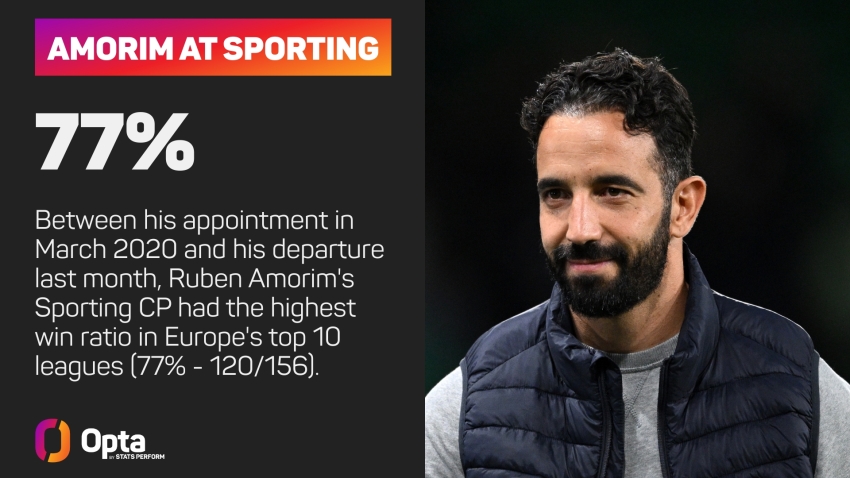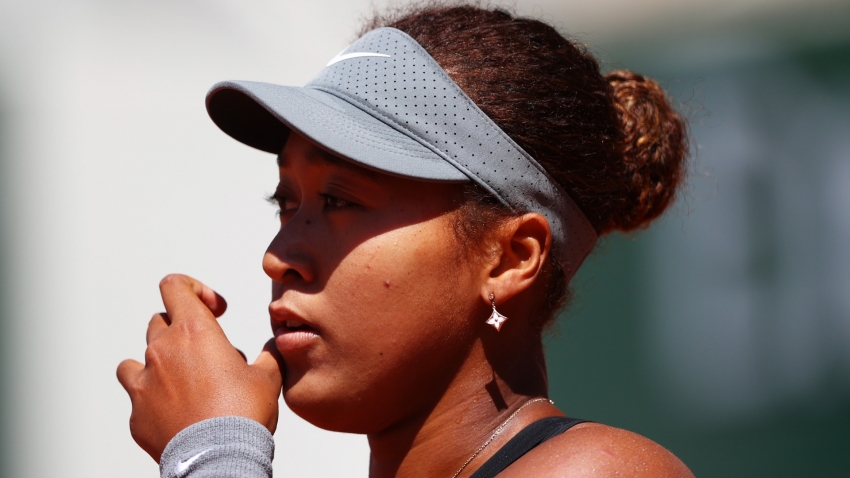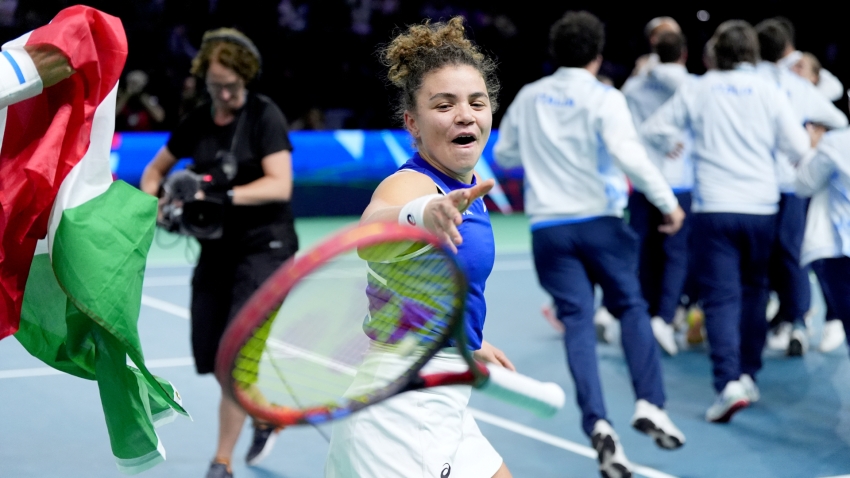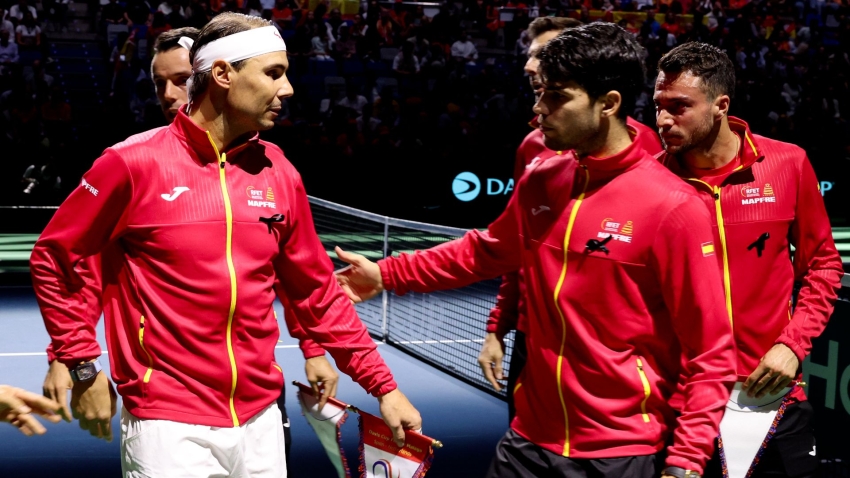Naomi Osaka's shock withdrawal from the French Open has raised questions over news conferences and their impact on mental health for athletes.
Osaka pulled out of Roland Garros on Monday, a day after tournament organisers fined the four-time grand slam champion and threatened her with more severe sanctions for refusing to attend mandatory media conferences.
The 23-year-old world number two and Japanese star had opened up about her mental health problems, revealing in a statement she has had "long bouts of depression" since claiming the 2018 US Open.
While her WTA and ATP Tour colleagues voiced their support, Osaka's stance has sparked controversy, though more importantly it has highlighted the growing issue of mental health problems in sport.
"I think it's a very important stance because it really highlights how sport has really looked at challenging issues through either the paradigm of sport or business," World Players Association executive director Brendan Schwab told Stats Perform. "Here, there is a very simple rule put in place that athletes have to attend post-match media conferences in order to promote visibility around the sport and then to promote the commercial interests of the sport. But that rule is put in place without any due diligence being done as to the risks with that on athletes or athlete health and safety.
"If we look at health and safety, we have to look at not only physical health but mental health and wellbeing. There is a very clear rule but it's going to impact athletes differently. The tournament organisers and sports bodies need to understand they have this proactive duty and to be aware of those impacts, and where their rule is going to have a harmful impact, they need to just adjust their procedures and requirements accordingly."
German great Boris Becker voiced his concerns for Osaka's future following her decision to quit the French Open in Paris.
A six-time slam winner, Becker told Eurosport: "I always believed the media was part of the job. Without the media, there is no prize money, no contracts, you don't get half the cake. I hated the media and I didn't like talking to journalists, but you had to do it.
"Now she is pulling out of the tournament altogether because she can't cope with it and that raises much bigger questions for me. If she can't cope with the media in Paris, she can't cope with the media in Wimbledon or the US Open. So I almost feel like her career is in danger due to mental health issues."
It is a view shared by many past and present tennis players – news conferences are part and parcel of the job. But are they?
"I think everyone would agree that is an important part of the job, but certainly not an essential part. The essential part of the job is performing as a player. But we cannot ask people to perform in circumstances where it's unsafe. It may be safe for some and unsafe for others," said Schwab.
"As in this case, there is an understanding that a particular player has a pre-condition or certain vulnerability, not to respond to that is inexcusable. It's certainly no defence to say it's safe for other people. That is why we need a real deep understanding of mental health.
"It's really important to see it as an occupational issue. A sporting place is not an ordinary workplace. It is a workplace which has heightened pressure. Therefore, the likelihood of there being adverse mental health impacts are greater. It's not going to affect everyone equally and sports bodies need to be smart enough to understand that fact."
Schwab added: "For Naomi's incredibly courageous stance here, there will be other players for which withdrawal is not an option and they will continue to face the workplace and pressures associated with that and therefore exacerbating the harm they're already experiencing."
The World Players Association is the leading voice of organised players in the governance of world sport. It brings together 85,000 players across professional sport through more than 100 player associations in over 60 countries.
As mental health becomes more prevalent in a professional sports environment amid the growing physical and emotional demands, Schwab said: "What our Players Associations do is they run player development and wellbeing programmes. The more sophisticated of those programmes would actually have employees and experts who are engaged by the player associations but often based in the teams or club environment, so the players know they can access them, they are proximate to the players so they can access tailored advice and support.
"Mental health is one of those things but there are many other issues that players will have to deal with. The athletic career itself is short-term and precarious, so there is constant effort being made to ensure players are developing holistically, they're pursuing education and other opportunities."
As Schwab voiced his disapproval of the "blanket rule" to post-match commitments, the Australian shed light on how the World Players Association prepares athletes for the media.
"Certainly part of our development programmes, we will provide what we call induction programmes so that the players go through what they will expect in terms of their athletic career, so they can excel as athletes and in the job," he said. "Clearly, dealing with the media is a very important part of those programmes, but you have to be really careful to ensure this isn't a 'one-size-fits-all' approach. Player associations have a common interest with sports bodies to maximise the interest in the sport and commercial viability so the players can share in their wealth, but the impact is dispiriting.
"If we look at the way players are being trained physically, physical loads are being tailored based on the individual athletic capacity of certain players. Physical health is not the only health and safety concern we have to be worried about. Players have different vulnerabilities in terms of mental health and therefore it makes absolute sense for sports bodies to tailor their commitments, so they don't unnecessarily expose more vulnerable players than others. A blanket rule, like in this case, where athletes feel vulnerable and are at risk of an adverse health consequence should not be imposed.
"I really do believe the tournament organisers, Roland Garros in particular, exacerbated that harm when they started to promote the fact that other players were comfortable to do the press conferences in order to put pressure on Naomi, and clearly that has proven to be incredibly counterproductive… if the starting point is not a recognition of their proactive duty to provide a safe workplace and that safe workplace means understanding the physical, mental and the wellbeing risks holistically and then tailoring for the particular needs of players individually, then these kind of problems will likely reoccur."































